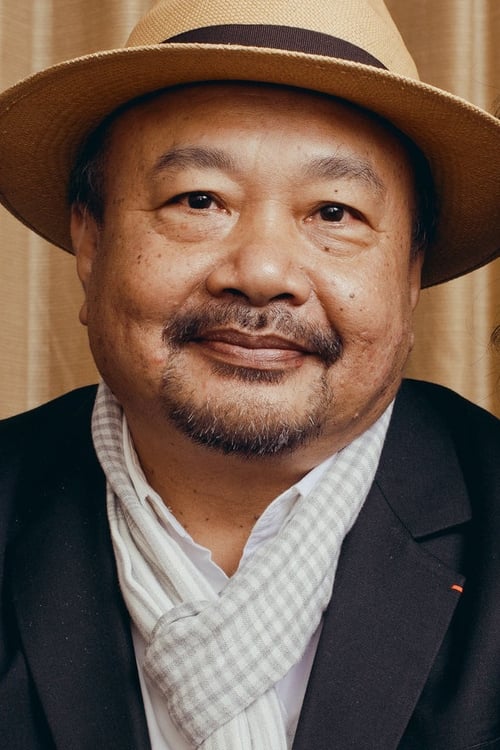
The Rice People (1994)
Genre : Drama
Runtime : 2H 5M
Director : Rithy Panh
Synopsis
A poor, rural Cambodian family slowly disintegrates during the cycle of a single rice crop in this moving, and beautifully photographed European drama adapted from a novel by Shahnon Ahmad. Pouev, his wife Om, and his seven children, live in a small rural village in Cambodia. Their whole precarious life depends upon the success of their rice crop. Both husband and wife are worried, but for different reasons. Pouev is concerned because their acreage is shrinking. Om worries about Pouev; what would happen to her and the children if he died or was injured? Her worst fear is manifest after Pouev steps upon a poisoned thorn and dies. Om finds herself heavily burdened with the responsibilities of maintaining the crop and caring for seven youngsters. She suffers paranoia from worrying about whether the children are doing their share and the other villagers lock her up leaving eldest daughter Sokha to bring in the crop.
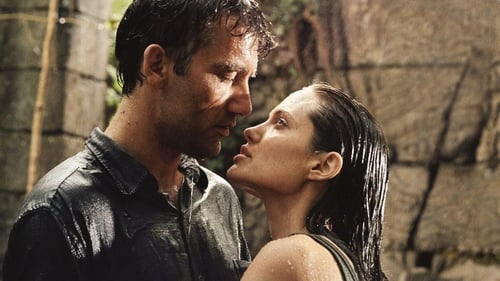
Sarah Jordan, an American living in London in 1984, is married to the son of a wealthy British industrialist. She encounters Nick Callahan, a renegade doctor, whose impassioned plea for help to support his relief efforts in war-torn Africa moves her deeply. As a result, Sarah embarks upon a journey of discovery that leads to danger, heartbreak and romance in the far corners of the world.
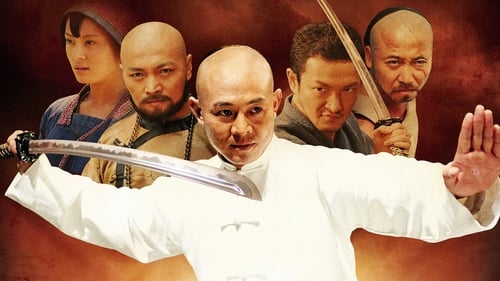
Huo Yuan Jia became the most famous martial arts fighter in all of China at the turn of the 20th Century. Huo faced personal tragedy but ultimately fought his way out of darkness, defining the true spirit of martial arts and also inspiring his nation. The son of a great fighter who didn't wish for his child to follow in his footsteps, Huo resolves to teach himself how to fight - and win.

The story is set in Cambodia in the years following WWI. Evil Count Mazovia (Roy D'Arcy) has come into possession of the secret methods by which men can be transformed into walking zombies and uses these unholy powers to create a race of slave laborers. An expedition is sent to the ruins of Angkor Wat, in hopes of ending Mazovia's activities once and for all. Unfortunately, Armand (Dean Jagger), one of the members of the expedition, has his own agenda.
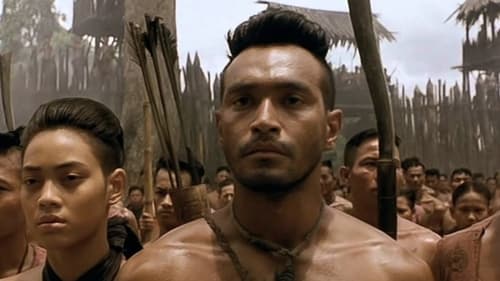
Set right before the fall of Thailand's old capital, Ayuttaya, Bang Rajan draws on the legend of a village of fighters who bravely fended off the Burmese armies. With no support from the Royal army, the villagers drives the invading Burmese away many times until their names have become legendary during the time. As each subsequent battles becomes fiercer, the villagers tries to forge a canon to battle the enemy in a final battle where everyone, women and children included, die in combat.
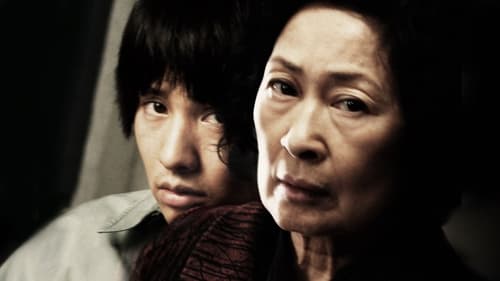
A mother lives quietly with her son. One day, a girl is brutally killed, and the boy is charged with the murder. Now, it's his mother's mission to prove him innocent.
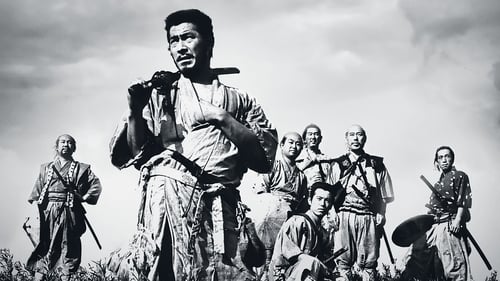
A samurai answers a village's request for protection after he falls on hard times. The town needs protection from bandits, so the samurai gathers six others to help him teach the people how to defend themselves, and the villagers provide the soldiers with food.
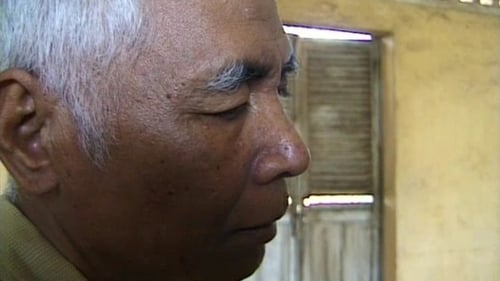
Documentary of the S-21 genocide prison in Phnom Penh with interviews of prisoners and guards. On the search for reasons why this could have happened.
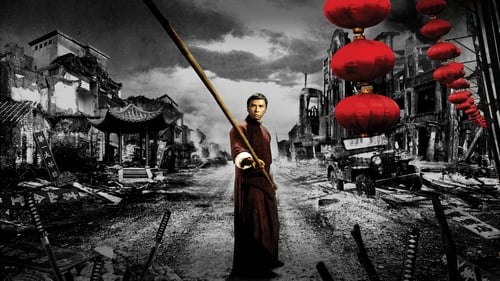
A semi-biographical account of Yip Man, the first martial arts master to teach the Chinese martial art of Wing Chun. The film focuses on events surrounding Ip that took place in the city of Foshan between the 1930s to 1940s during the Second Sino-Japanese War. Directed by Wilson Yip, the film stars Donnie Yen in the lead role, and features fight choreography by Sammo Hung.
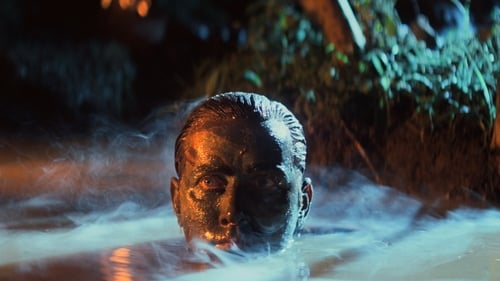
At the height of the Vietnam war, Captain Benjamin Willard is sent on a dangerous mission that, officially, "does not exist, nor will it ever exist." His goal is to locate - and eliminate - a mysterious Green Beret Colonel named Walter Kurtz, who has been leading his personal army on illegal guerrilla missions into enemy territory.

Two tigers are separated as cubs and taken into captivity, only to be reunited years later as enemies by an explorer (Pearce) who inadvertently forces them to fight each other.

The story of a young couple, Pierre and Geraldine, and their desire for a child, which leads them on a journey of initiation to Cambodia. On their difficult and transformative adventure, they must contend with obstructive authorities and the jealousies and mistrust of a small community of would-be adoptive parents.
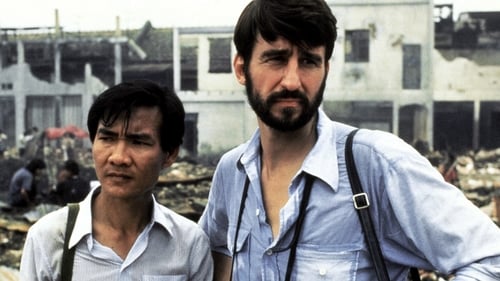
The real-life story of a friendship between two journalists, an American and a Cambodian, during the bloody Khmer Rouge takeover of Cambodia in 1975, which led to the death of 2-3 million Cambodians during the next four years, until Pol Pot's regime was toppled by the intervening Vietnamese in 1979.

Meet Rubel, fourteen years old boy smuggling rice from India to Bangladesh. He has to cross the river Ganga acting as the international border. The same river eroded his home in mainland.

WHO KILLED CHEA VICHEA? is a highly charged murder mystery, a political thriller, and a documentary like no other. In 2004, Cambodian union president Chea Vichea was assassinated in broad daylight at a newsstand in Phnom Penh. As international pressure mounted, two men were swiftly arrested and convicted of the crime, each sentenced to twenty years in prison. Filmmaker Bradley Cox’s five-year investigation reveals an elaborate cover-up that reaches the highest echelons of Cambodian society. Winner of a 2011 Peabody Award among many other honors and banned by the Cambodian government, WHO KILLED CHEA VICHEA? uncovers the face of dictatorship behind the mask of democracy.

In Thailand, a hymn to rice need not always be sung. A dance, or spectacular homemade fireworks can say the same thing. As can a film, as is convincingly demonstrated by this lyrical, beautifully filmed homage to this essential staple food.

During the last half-century, Cambodia has witnessed genocide, decades of war and the collapse of social order. Now, documentary filmmaker Rithy Panh looks at an irreparable tragedy that is less visible, yet no less pervasive: the spiritual death that results when young women are forced into prostitution. Angry and impassioned, PAPER CANNOT WRAP UP EMBERS presents the searing stories of poor Asian women whose lives were violated and their destinies destroyed when their bodies were turned into items of sexual commerce.

It is quickly becoming the most populated country in the world, but India holds a dark secret. Men and women who make their homes in the poor villages throughout the central region of the country are forced to make decisions that no parents should ever have to make. Sell a child into slavery or watch your children starve to death.

When Dr. Haing S. Ngor was forced into labor camps by the Khmer Rouge, little did he know he would escape years of torture and recreate his experiences in a film that would win him an Academy Award®. "The Killing Fields of Dr. Haing S. Ngor" tells the dramatic story about arguably the most recognizable survivor of the Cambodian genocide, a man who became a worldwide ambassador for justice in his homeland, only to be murdered in a Los Angeles Chinatown alley - a case still muddled with conspiracy theories. Through an inspired blend of original animation and rare archival material - anchored by Ngor's richly layered autobiography - the years encapsulating the Khmer Rouge's tyrannical rule over Cambodia are experienced though a politically charged transnational journey of loss and reconciliation.

In okay bye-bye, so named for what Cambodian children shouted to the U.S. ambassador in 1975 as he took the last helicopter out of Phnom Phenh in advance of the Khmer Rouge, Rebecca Baron explores the relationship of history to memory. She questions whether, "image and memory can occupy the same space." Building on excerpts from letters, found super-8 footage of an unidentified Cambodian man, iconographic photographs from the Vietnam War and other partial images, Baron combines epistolary narrative, memoir, journalism, and official histories to question whether something as monumental as the genocidal slaughter of Cambodians during the Pol Pot regime can be examined effectively with traditional methodologies.

This is a movie from Cambodia and it was actually directed by King Norodom Sihanouk, the king of Cambodia. It depicts the events of 1975 that ended with the fall of Phnom Penh to the Khmer Rouge.


